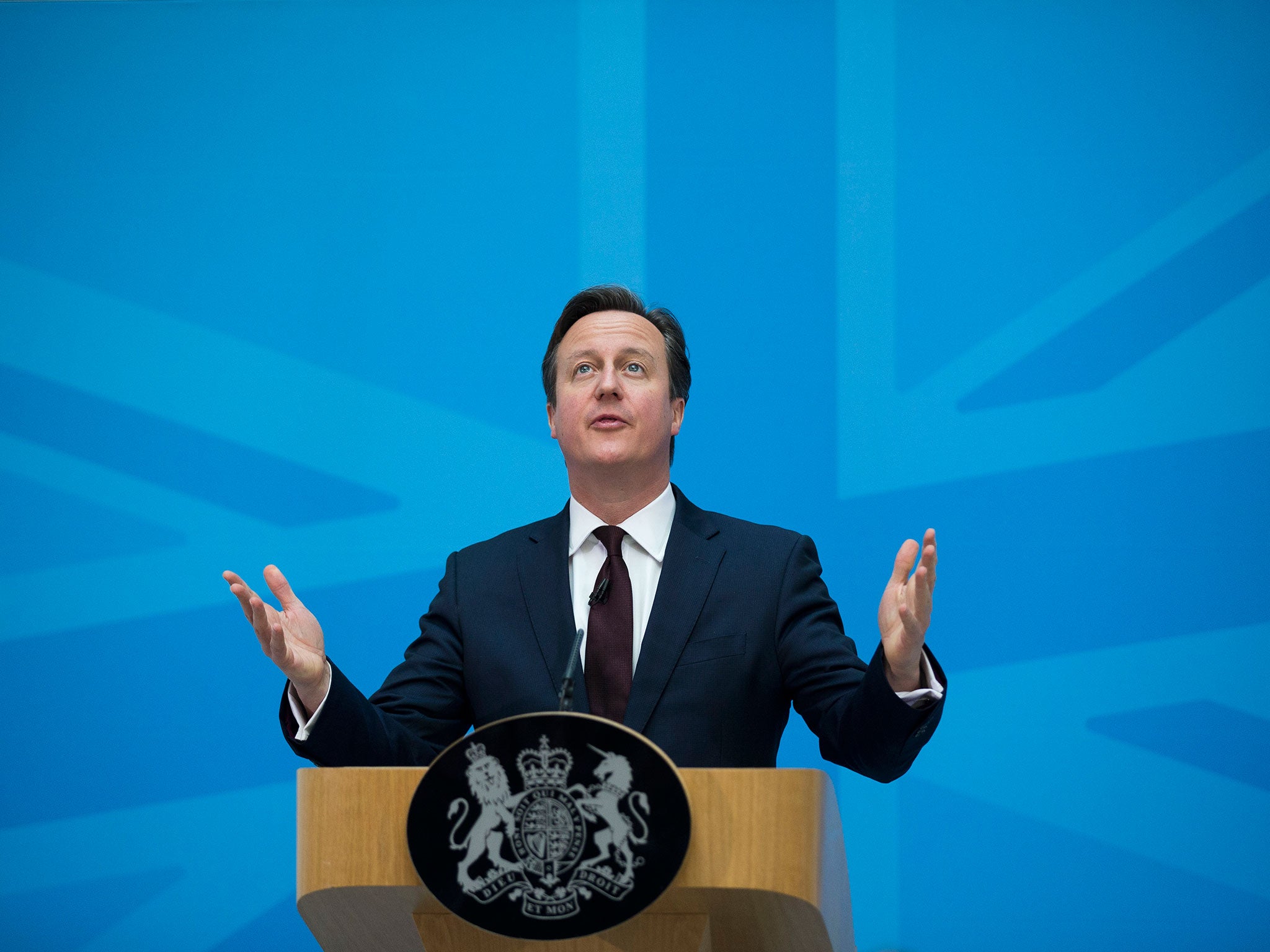Your support helps us to tell the story
From reproductive rights to climate change to Big Tech, The Independent is on the ground when the story is developing. Whether it's investigating the financials of Elon Musk's pro-Trump PAC or producing our latest documentary, 'The A Word', which shines a light on the American women fighting for reproductive rights, we know how important it is to parse out the facts from the messaging.
At such a critical moment in US history, we need reporters on the ground. Your donation allows us to keep sending journalists to speak to both sides of the story.
The Independent is trusted by Americans across the entire political spectrum. And unlike many other quality news outlets, we choose not to lock Americans out of our reporting and analysis with paywalls. We believe quality journalism should be available to everyone, paid for by those who can afford it.
Your support makes all the difference.Human rights law has “devalued” the legacy of the Magna Carta in Britain’s legal system, David Cameron has claimed.
In a speech at Runnymede to mark the charter’s 800th anniversary the prime minister will argue that his government will “restore” the charter’s status with its planned law changes.
“Magna Carta takes on further relevance today. For centuries, it has been quoted to help promote human rights and alleviate suffering all around the world,” he said.
“But here in Britain, ironically, the place where those ideas were first set out, the good name of ‘human rights’ has sometimes become distorted and devalued.
“It falls to us in this generation to restore the reputation of those rights – and their critical underpinning of our legal system.”
The Conservatives want to scrap the Human Rights Act (HRA) and have threatened to withdraw from the European Convention on Human Rights (ECHR). They say they will replace the HRA with a British Bill of Rights.

The Magna Carta was an agreement that the King would guarantee the nobility and the feudal system they ruled over certain rights.
The charter, signed by King John, was systematically ignored as soon as it was signed and was annulled in the same year by Pope Innocent III on request of the monarch. Its significance in English law varied through the centuries.
The charter’s reputation was boosted in the 17th century when it was adopted by revolutionaries and reformers as a historical symbol of limits on the power of monarchs.
“It is our duty to safeguard the legacy, the idea, the momentous achievement of those barons. And there couldn’t be a better time to reaffirm that commitment than on an anniversary like this,” Mr Cameron said of the Magna Carta.
Mr Cameron’s plan to strip out human rights legislation has faced criticism from both within and without his party.
The PM’s own former attorney general Dominic Grieve QC told a Franco-British Council meeting last week that Mr Cameron’s plans would make the ECHR “inoperable”.
“Even our tabloid press will occasionally take interest in the state of Russian police stations or Romanian orphanages,” he said.
While he was leader of the Labour party Ed Miliband said human rights laws “protect the weak from the strong” and that he was proud of them.
The establishment of the ECHR was spearheaded by the Conservatives the aftermath to the Second World War to safeguard rights across Europe.
The Human Rights Act 1998 implements these rights domestically and ensures that all arms of the British state abide by them.

Join our commenting forum
Join thought-provoking conversations, follow other Independent readers and see their replies
Comments